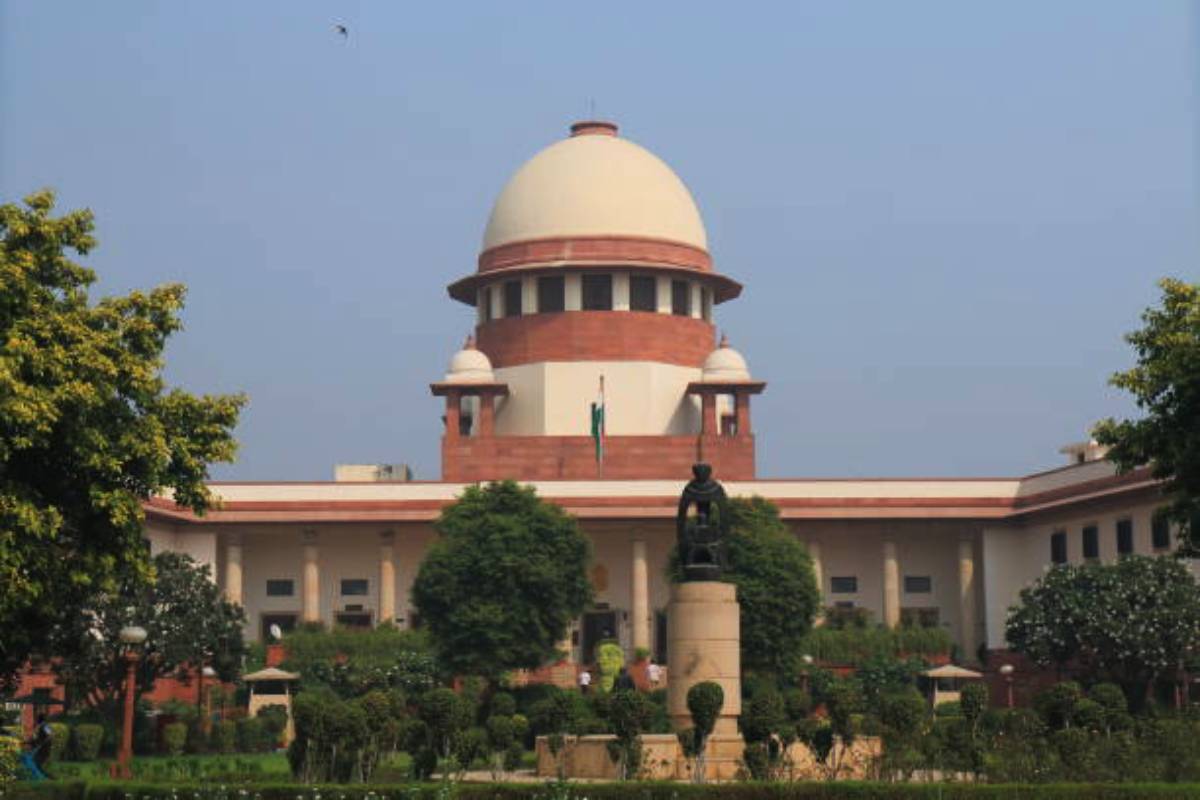The Supreme Court on Wednesday cancelled the bail granted by the Madras High Court to eight men booked under the Unlawful Activities (Prevention) Act for allegedly being members of the banned Popular Front of India (PFI) and conspiring to commit terrorist acts across the country.
A bench of Justice Bela M Trivedi and Justice Pankaj Mithal said the allegations of collecting funds to commit terrorist acts appeared to be ‘prima facie true’. “Prima facie a case has been made out in terms of the material placed before us by the agency (NIA),” said the bench, stating that given the gravity of the offence and the fact that only 1.5 years had been spent in incarceration, the top court could interfere and cancel their bail term.
Setting aside the Madras High Court order granting bail to the eight accused, the top court said, “Having regard to the gravity of the offence and the only 1.5 years spent in incarceration given the maximum punishment, we are inclined to interfere with the High Court order granting bail. The Court can interfere with orders granting personal liberty if the same is perverse.”
Directing the eight accused, whose bail was cancelled today to surrender, the top court directed the trial court to expedite the trial.
The top court order came on an appeal d by the National Investigation Agency (NIA) challenging the October 19, 2023, High Court order.
The high court had refused to link the accused to any terrorist activities such as the offence of collecting funds for ‘committing terrorist acts’.
The NIA said several documents, including some “pictures with markings” of RSS leaders and other Hindu organisations, had been found in possession of the accused, suggesting that these leaders were on a “hit list.”












